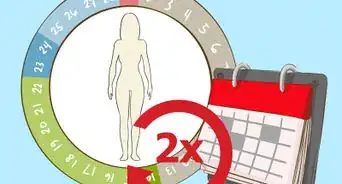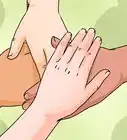wikiHow is a “wiki,” similar to Wikipedia, which means that many of our articles are co-written by multiple authors. To create this article, 33 people, some anonymous, worked to edit and improve it over time.
There are 18 references cited in this article, which can be found at the bottom of the page.
This article has been viewed 60,197 times.
Learn more...
Being lesbian, gay, bisexual, transgender, or any other sexual orientation or gender identity is difficult enough on its own, but being Muslim as well can cause one to struggle with reconciling their identity with Islam and Allah. However, you are not alone - more and more people in the world are coming out as LGBT+, and struggle to reconcile their faith in Allah with their identity. While the journey to self-acceptance can be a long one, it's possible and well worth the effort to become happy with who you are.
Please note that this article is primarily aimed at an audience living in countries where LGBT+ identity is not outlawed. If you live in a country where being LGBT+ is illegal, not all of this may be helpful to you.
Things You Should Know
- If you're struggling to reconcile your LGBT+ identity with your Islamic faith, it can help to understand that Islam does not explicitly forbid being homosexual or having a diverse gender identity.
- If you believe in Allah, you should also believe that He created you just as he intended you to be, so there's no need to feel guilty about your identity or to try to change yourself.
- Work on acknowledging and accepting yourself for exactly who you are before you worry about what anyone else things of you.
- Reach out to a supportive friend, a therapist, or a hotline if you feel like you want to hurt yourself.
Steps
Finding Acceptance in Islam
-
1Understand that the Quran does not necessarily condemn homosexuality. Homophobia exists in any religion, and sometimes, people will grasp at straws just to prove that they are "right". However, being gay or bisexual is actually not explicitly condemned in the Quran, contrary to what many Islamic schools of thought believe. There are many interpretations of the Quran, but there's no chapter or verse that directly says homosexuality is an offense.
- The verse often quoted to condemn being gay in Islam, the story of the Prophet Lut, is frequently misinterpreted. It's heavily implied in the text that the sexual acts being condemned were rape rather than just same-gender relationships, and that the text overall was condemning greed and inhospitality.
- The words "homosexual" and "homosexuality" are never explicitly used in the Quran, and lesbian or bisexual women are not mentioned. Furthermore, the Quran even mentions "men who are not in need of women" (which can be interpreted as men who are gay or asexual) in Verse 24:31-24:33, and these men are not condemned anywhere.
- The Quran celebrates human diversity in many verses, and never specifically says that men must marry women, or vice versa.[1]
- Various sources confirm that LGBT+ people existed at various times in Islamic history.[2]
-
2Know that gender identity is not addressed in the Quran. Some aspects of assigned sex are addressed in the Quran; an example is Verse 42:49-42:50 ("[... Allah] creates what He wills. He gives to whom He wills female [children], and He gives to whom He wills males; or He makes them [both] males and females, and He renders whom He will barren."), which can be interpreted as referring to intersex or transgender people. However, even this is not certain and is frequently debated! The Quran does not explicitly address people by gender - rather, it addresses them by sex. You will find gender identity being addressed more frequently in hadiths (some of which may not be authentic) than in the Quran.
- Gender diversity is normal in some countries where Islam is a common religion, such as Indonesia, where five genders are recognized.[3] [4]
- Transgender and nonbinary people don't "change" their gender - their gender already doesn't match their sex. It's not a choice.
- Most Islamic scholars believe that cosmetic surgeries are acceptable when it's to correct a flaw in the body. This gives transgender and nonbinary people a way to receive gender-confirming surgeries they might wish to have, since it corrects flaws in their bodies.
Advertisement -
3Look for the authenticity of a hadith before believing it. Some will use hadiths to condemn LGBT+ people, but hadiths are considered secondary to the Quran and are also heavily misinterpreted - sometimes being outright false. There's no easy way of determining a hadith's authenticity by yourself, but if the hadith is not in an existing, trusted collection, then steer clear of it. (Even trusted hadith collections can be contradictory, so be cautious with what you believe - if you choose to believe it at all).
- Keep in mind that hadiths were recorded centuries after the Prophet Muhammed passed, so it's difficult to tell whether any of them were authentic to begin with. There's also no evidence that the Prophet punished those who were in same-gender relationships, regardless of what the hadiths say about how he felt about them.[5]
- No authentic hadith will claim that LGBT+ people (or people who engage in gay sexual relations) should be put to death.[6]
- Multiple hadiths bring up mukhannath - gender-variant people who would most likely be considered transgender women today. No authentic hadith has condemned mukhannath for being gender-variant, and it's made clear that people who pretended to be mukhannath for immoral reasons (e.g. to sneak into the women's quarters) are the only ones with a problem.
- Sahih al-Bukhari 4324 explains that a mukhannath named Hit, a friend of the Prophet Muhammed's wife Aisha, was allowed into the women's quarters without the women needing to veil themselves around Hit. It was only required that the women veil around Hit when it was discovered that Hit had violated the privacy of the women by describing their bodies to others.
-
4Pray for Allah's forgiveness, if you find it necessary. While you have not committed any sins by being LGBT+, some Muslims may find it difficult to accept this or may want to apologize to Allah for denying their true selves. Apologize to Allah and ask Him to give you the strength to accept yourself, if you need to. Not everyone will feel like they need to apologize to Allah, which is okay, but if it will help you move forward in your self-acceptance, then do so.
- Allah cannot make you straight or cisgender; don't wish this of Him, and don't try to become something you are not, especially by Allah's name. Allah created you the way you are, and your identity is not a mistake.
- Be careful not to fall into a trap of repenting just for your identity, as feeling guilty or shameful over it will make it much harder to accept, and this can lower your self-esteem and cause depression.[7]
-
5Search for a safe place to express your faith. You may no longer feel safe in your local mosque, or you may feel disconnected from the other Muslims there. Find a place where you can safely express your LGBT+ identity and your faith at the same time - even if that means you need to switch mosques, only practice Islam at home, or find community Islamic LGBT+ groups that you can have services with.
- Unfortunately, LGBT-friendly mosques can be difficult to find. While organizations such as the Inclusive Mosque Initiative are attempting to build mosques that allow LGBT+ Muslims to attend without being excluded, they are not yet widespread and LGBT-friendly prayer groups and spaces are often discovered through word of mouth.[8]
- Some imams have publicly come out as gay, such as Imam Muhsin Hendricks, Imam Daayiee Abdullah,[9] and Imam Ludovic-Mohamed Zahed (who opened Paris's first gay-friendly mosque).[10]
-
6Recognize that religion evolves to fit the time period. Very few people follow any religious text exactly to the letter, especially seeing as Islam is thousands of years old. As society changes and evolves, religion evolves with it, including Islam - and many aspects of the Quran are not as strictly adhered to today as they were back when Islam was formed. It's okay to be a Muslim who doesn't conform to a homophobic or transphobic view of Islam, the same way that other aspects of Islam have evolved and changed over time.
- For example, women wearing the hijab and fully covering themselves in public is required in the Quran, but some people choose to not wear the hijab, choose to show their forearms or ankles, or otherwise dress outside of traditional Islamic wear on a day-to-day basis, as long as they cover themselves when needed (e.g. during Salah or at the mosque).
- Some mosques allow women to lead the prayers or have desegregated. Similarly, not everyone believes that Muslim women must behave formally towards men that they are not related to.
-
7Remember that only Allah can truly judge what is right or wrong. While every Muslim has their own interpretation of Islam and what they believe the Quran and its verses means, there is nobody except Allah who can judge how you follow the faith. If other Muslims try to tell you that you are wrong for being LGBT+ or that you aren't following Islam correctly because of it, remember that they are not the ones who can judge you and that everyone has the right to their own interpretation of the faith - even if others disagree.
- The Quran specifically states not to judge or ridicule others, saying, "O you who have believed, let not a people ridicule [another] people; perhaps they may be better than them; nor let women ridicule [other] women; perhaps they may be better than them. And do not insult one another and do not call each other by [offensive] nicknames. Wretched is the name of disobedience after [one's] faith. And whoever does not repent - then it is those that are the wrongdoers" (Quran 49:11).
- Imam Daayiee Abdullah calls homophobia, and the teachings of homophobia, "the real sin".
-
8Avoid rescinding your faith just because you're LGBT+. Allah loves you just the way you are, and denying Him just because of your identity is the worst choice you can make. Even if you feel being LGBT+ is a sin, Allah is forgiving and merciful to those who follow Him. You do not need to - and should not - reject Him just because you're LGBT+.
- People give up religions or seek gods other than Allah for many reasons. While only you can truly decide whether or not you will be a follower of Islam and of Allah, being LGBT+ does not mean you can't be Muslim and does not mean you must give up your faith.
Seeking Acceptance in Yourself
-
1Seek acceptance from yourself first, rather than others. While having the acceptance of those around you can help, you will ultimately need to accept your LGBT+ identity in yourself. You are not alone in what you feel, and you are not broken, disgusting, or unnatural; however, it's normal to need to take some time to come to terms with your identity. Just remind yourself that there isn't anything wrong with you, even if other people say there is.
- Remember that being LGBT+ doesn't change you. You don't need to act flamboyant or give up your faith, career, hobbies, favorites, and so forth. You're still the same person that you were - you just have a different sexuality or gender identity than you thought.
- You can be LGBT+ and still be happy.
-
2Acknowledge how you feel. Making it clear to yourself how you feel can help you recognize what upsets you so much about your identity and come to terms with it. Some people find it sufficient to just stop repressing their thoughts, while others may need to state it to get the thoughts out of their head. Everyone is different; just use healthy strategies to express yourself.
- Try writing down how you feel or talking to yourself in a mirror when nobody else is around. Artistic expression can also be helpful - for example, painting. Just be careful to hide away papers if you write down how you feel, if you don't live in a household where you will be accepted.
- Your acknowledgement doesn't need to be huge. It can just be something like, "I have romantic feelings for someone of my gender, and I don't like feeling this way" or "I am not the gender people thought I am, and I'm okay with that, but I'm worried about how others will react".
-
3Research your identity. Looking up your identity can help you to understand yourself better, as well as identify misconceptions about your sexuality or gender identity. Look for LGBT-friendly sources, such as GLAAD (or even other LGBT+ people's blogs!), that can help you understand yourself a little better and dispel myths you may have heard (and that you may have to refute, yourself).
- Avoid websites and other sources that are transphobic and homophobic. Not only are they wrong and frequently spread misinformation, they'll likely make you feel bad about yourself.
- Search for LGBT-friendly sources first, without pairing them with Islamic sources. Since many religious people (whether or not their religion is Islam) have very strong feelings about LGBT+ people that aren't necessarily positive, it's often easier to find accepting sources that aren't tied to religion, at first.
-
4Take good care of yourself. Practicing self-care can make the transition into accepting yourself much easier, and it will make you feel physically better, as well. While it may seem obvious to some, others may have a lot of trouble with their realization of their LGBT+ identity, and caring for yourself can make it easier to accept yourself, or at least get on the path to it.
- Eat healthy and drink plenty of water. Stay away from alcohol - aside from being haraam, alcohol will also make you feel worse.
- Keep clean. Bathe regularly, perform Wudu before prayers, keep your living space tidy, and keep your clothes and sheets clean. This simple act can help you to feel more refreshed.
- Stick to your daily routines. Whether this refers to your daily prayers, work or school, or even just the times you eat your meals at, keep to your routines to avoid slipping out of them and feeling worse.
- Try sticking reminders around the house - such as Post-It notes or alarms on your phone - if you find yourself forgetting to do these things.
-
5Do something that makes you feel good about yourself. Coming to terms with your gender or sexuality can be distressing for some people, which is understandable. If you feel upset about this, take a break from thinking about your LGBT+ status and do something that you love. It can be a great reminder that you're more than just your attractions (or lack thereof) or gender identity. Take as much time as you need to become less distraught by the idea.
- Volunteer.
- Engage a hobby that you already enjoy, or learn a new one.
- Learn something new, whether it's a subject you've wanted to look into for a while or something you thought of on a whim.
- Spend time with people who make you feel good about yourself (but stay away from hostile environments, such as anti-LGBT+ or anti-Muslim areas or people).
-
6Don't scold yourself for who you find attractive or unattractive. You didn't choose who to be attracted to, and shaming yourself won't make you straight or help you accept yourself. Instead of thinking negatively about your attractions to others, frame it positively - such as, "I have a crush on a straight person, but that doesn't mean I can't enjoy the feeling of a crush". There's nothing wrong with having romantic or sexual interests in someone of the same gender.
- Marrying is considered Sunnah in Islam, meaning that while it's encouraged, it's not necessary. (Therefore, if you can't or don't want to marry, you are not being a bad Muslim.)
- Conversion therapies for LGBT+ people have been proven to be ineffective and often psychologically scarring.[11] Nobody can force themselves to have romantic or sexual attractions to anyone.
-
7Present your gender in a way that makes you feel most comfortable. While there's no "right" way to transition, presenting your gender in a way that makes you feel comfortable is important for your self-acceptance as a transgender Muslim. So long as it is safe for you to do so, express your faith in how you dress in whatever way makes you feel most comfortable.
- Transgender men and nonbinary people can still wear the hijab and keep covered if it makes them feel most comfortable. However, there is the risk of being viewed as a woman by those who don't know you, or being addressed improperly while your hijab is on.
- On the flip side, if you want to transition into wearing (or not wearing) a hijab, then you can do that, too. You can choose whether or not you want to cover up, or if you want to cover just some parts of you (like your legs and arms, but not your head).
- If you want to cover up your head without wearing a hijab, try wearing scarves, beanies, hats, or anything else that covers you without the hijab.
-
8Remember that others cannot tell you how to live. Whether this means how you interpret Islam and the Quran, the fact that you're LGBT+, or even just aspects of your day-to-day life, keep in mind that the only one who can live your life is you. If someone belittles you or tells you that you "chose" to be LGBT+, it's important to remember that their views are just that - their views - and that you don't have to live by them. Nobody other than Allah has the right to determine how you've lived your life.
- Your LGBT+ identity is between you and Allah. No other Muslim has the right to judge you for it.
-
9Get help if you want to harm yourself. Self-acceptance is difficult for a lot of people, especially those who aren't accepted by others around them or feel that Allah won't accept them as LGBT+. However, wanting to hurt yourself or commit suicide is not normal and is a sign of bigger issues. Reach out to your support system (such as friends or family) and contact emergency services in your country if you feel you're at immediate risk of committing suicide. Read through the wikiHow articles on How to Avoid Committing Suicide and How to Convince Yourself Not to Commit Suicide. Some resources are available, as well, such as:
- Psychiatric treatment, such as therapy. However, this is not feasible for everyone (such as people who can't afford treatment or are under the age of majority in their country).
- Phone-based suicide hotlines. They can be great resources in times of crisis, but are region-specific. The hotlines listed below are not LGBT- or Muslim-specific.
- In the US, call or text 988 from the Suicide and Crisis Lifeline. [12]
- In Canada, access the Canadian Association for Suicide Prevention's website at http://suicideprevention.ca/need-help/, and find a hotline in your province.
- In the United Kingdom, call 116-123, the Samaritans hotline.[13]
- If you're located in another country, the International Association for Suicide Prevention has a list of crisis hotlines, and so does Befrienders Worldwide, at http://www.befrienders.org/directory.
- LGBT+ youth can contact The Trevor Project over phone (1-866-488-7386) or a text- or chat-based system at their website.[14]
- The Trans Lifeline is a US- and Canada-based hotline for transgender and nonbinary people. US residents can call them at 877-565-8860, while Canadian residents can call them at 877-330-6366.[15]
Searching for Acceptance in Others
-
1Recognize that LGBT acceptance is becoming more widespread. While some places in the world are not safe places for LGBT+ Muslims to be, many groups and countries are stepping up and challenging the anti-LGBT+ attitudes in their societies. Not everyone will accept you as LGBT+, which is normal just about anywhere, but cultural attitudes towards LGBT+ identity are changing and not everywhere nor everyone will hate you for being yourself.
-
2Come out if you know it's safe. Admitting who you are to others can be a huge relief for various reasons, so if it's safe to do so and you know that others around you will accept you for doing so, consider telling them that you're LGBT+. Set aside a time when the person won't be stressed or distracted and you know you'll have time to talk, and tell them - calmly - that you're LGBT+. Letting someone you trust know who you really are can make it feel like less of a burden and can lead you towards further self-acceptance, gaining supports, and finding out who will accept you.
- wikiHow has articles that may assist you in coming out, such as (but not limited to) How to Come Out, How to Come Out As Gay or Lesbian, How to Come Out As Transgender, How to Come Out to Your Friends, and How to Come Out to Your Parents. More articles can be found by searching in the search bar above.
- Coming out doesn't need to be eventful or dramatic - it can be something as simple as "I want you to know I'm bisexual" or "I'm actually nonbinary, not a he - could you refer to me as "they" from now on?".
- If you don't know how your friends or family feel about LGBT+ people, try asking their opinion about things important to the LGBT+ community - for example, famous LGBT+ people in the media or laws regarding LGBT+ rights. Their reaction may tell you how they feel.
- Unfortunately, not everyone - whether they're Muslim or otherwise - is accepting of LGBT people. This can result in you being ostracized from your family and friends. In more severe cases, you may be harmed by others or even arrested or given the death penalty, depending on where you live. Exercise caution - if coming out will almost definitely put you in harm's way, don't do it.
-
3Search for a support group, if you need one. Being LGBT+ is difficult even for those living in accepting environments, and unfortunately, not everyone is lucky enough to have support from those around them. Support groups and networks exist for LGBT+ people and Muslims for various issues, and exist in many forms. They also exist for other issues you may have that tie into your LGBT+ identity in some way, such as mental health issues and addiction.
-
4Find friends who accept you for who you are. While self-acceptance is important, having people around you who accept you is important as well - and it can be great to have friends who you can relate to about the highs and lows of life. Seek out friendships that make you feel unconditionally accepted and like you don't need to hide.
- Some people are able to keep their old friendships after coming out; it's often dependent on whether their friends accept LGBT+ people.
- If you feel afraid, dejected, put down, or belittled when around your friends, they're not real friends.
- In unsafe areas, you may have to remain closeted, but it's still important to seek out people who don't believe that being LGBT+ is wrong for your own mental health.
- Don't limit yourself. If you only look for LGBT+ Muslim friends, you might struggle to find people, especially in areas nearby (and many people are also not open about their LGBT+ status). Instead, focus on finding friends who accept you and care about you as a whole, regardless of their beliefs or identity.
-
5Look for groups meant for LGBT+ Muslims. While you don't need to have only LGBT+ Muslim friends (especially since they can be difficult to find), it can feel lonely to not have any other friends who are LGBT+ and Muslim as well. Seeking out social groups for LGBT+ Muslims can remind you that you aren't alone in the struggles that you face, and open you up to finding new friends.
- The LGBT Muslim Retreat is an annual US-based event for LGBT+ Muslims to attend.
- Social media sites often have groups for Muslims to join, and may have some LGBT-friendly ones.
- Inclusive LGBT-friendly mosques (and youth groups, for LGBT+ teens) can offer opportunities, but can be difficult to find. However, some mosques are inclusive and even offer people the ability to join the sessions via Skype or Zoom if they're unable to attend in person (such as Juma Circle and Masjid al-Rabia).
-
6Seek out healthy romantic relationships, if you want them. Not everyone wants romantic relationships - some people decide to take breaks from romantic relationships, and aromantic people do fall under the LGBT+ umbrella. However, you aren't prevented from having a partner or from marrying someone of the same gender as you; you're allowed to look for a romantic partner. As long as you're in a romantic relationship with someone who respects you and treats you as an equal, and supports your religion and your endeavors in life, the gender of your partner doesn't matter.
- "And of His signs is that He created for you from yourselves mates that you may find tranquillity in them; and He placed between you affection and mercy. Indeed in that are signs for a people who give thought." (Quran 30:21)
- You deserve a healthy relationship as much as any non-LGBT+ person does. If you recognize signs of abuse from your partner, you do not need to put up with it and are allowed by the Quran to separate from your partner.
- Some LGBT+ Muslims are already in heterosexual marriages. While divorce is extremely frowned upon, Allah permits it when needed; if it's in your better interest to divorce for the sake of the happiness of both of you, then you should consider divorcing. It is not a good idea to have an affair with another LGBT+ person; not only are affairs considered wrong by most people regardless of religion, it's also extremely emotionally damaging to everyone involved.
-
7Be prepared to face bigotry or misunderstanding. Despite LGBT+ acceptance gaining momentum, not everyone is accepting of either LGBT+ people or Muslims, and even the most accepting areas will have some people who won't understand you. It can often be upsetting, and justifiably so; just remember that homophobia and transphobia often stems from a lack of knowledge about the subject. Don't lash out at them; the Quran encourages words of peace rather than words of anger, and lashing out will make the person's negative reactions look justified.
- You may need to explain to people that Muslims can be LGBT+. For example, you can say, "Yes, I'm transgender and Muslim. My gender and my religious views don't affect each other".
- If other Muslims tell you that you aren't a true follower of Islam because you're LGBT+, you may wish to script a response such as, "Actually, the Prophet Lut was condemning the cruelties occurring in Sodom, and he condemned rape rather than homosexuality. It wouldn't make sense for Lut's wife to be punished if he was upset about the men of Sodom being gay".
- Some people may escalate to violence and physically attack you - whether for your identity or for your religion. While justification of self-defense is controversial in Islam, many countries have laws protecting those who attacked another in self-defense if you can prove you were acting in self-defense, rather than preemptively.
-
8Remember that there will be others who will accept you. At times, it may feel like the whole world is against you and that nobody will accept you for who you are. However, you are not alone in what you're going through, and you will find people who will accept you - LGBT+, Muslim, and all - and support you through your walks of life. You aren't alone, and you can be loved for who you are, romantically or otherwise. You can get through this - and Allah will be alongside you the whole way!
Community Q&A
-
QuestionIn my country, if anyone finds out I'm bi, even my parents, they would judge me and fight me about it, how can I tell them about my love for my best friend?
 Community AnswerBefore you come out, you should really figure out if it is safe. If you risk being attacked, you shouldn't tell anyone. If you're going to do it anyway, just be direct about it and take one thing at a time. Have a conversation with your parents where you tell them you're bisexual. If it goes relatively well, wait at least a week for them to become comfortable with this, then tell them about your feelings for your friend.
Community AnswerBefore you come out, you should really figure out if it is safe. If you risk being attacked, you shouldn't tell anyone. If you're going to do it anyway, just be direct about it and take one thing at a time. Have a conversation with your parents where you tell them you're bisexual. If it goes relatively well, wait at least a week for them to become comfortable with this, then tell them about your feelings for your friend. -
QuestionWhat should I do if I want to have a child, but I don't want to marry a woman?
 Community AnswerYou can always adopt a child. You shouldn't marry someone you don't want to be with just for the sake of having a child. If you are gay, accept it and find someone who loves you for who you are; then you can adopt a child together.
Community AnswerYou can always adopt a child. You shouldn't marry someone you don't want to be with just for the sake of having a child. If you are gay, accept it and find someone who loves you for who you are; then you can adopt a child together. -
QuestionIslamic couples are supposed to have children. Isn't homosexuality forbidden because gay couples can't?
 Community AnswerAllah does not require anyone to have children (although doing so is highly encouraged in the Quran and by many Islamic scholars). However, gay couples could still have children per means of adoption, sperm donation, or even if one partner was transgender and pre-op. Additionally, there are many straight Muslim couples who cannot have children due to reasons such as infertility, and Allah does not say He will punish them for not having children.
Community AnswerAllah does not require anyone to have children (although doing so is highly encouraged in the Quran and by many Islamic scholars). However, gay couples could still have children per means of adoption, sperm donation, or even if one partner was transgender and pre-op. Additionally, there are many straight Muslim couples who cannot have children due to reasons such as infertility, and Allah does not say He will punish them for not having children.
Warnings
- Several Islamic-based countries have outlawed being LGBT+. If you are in one of these countries, you may be arrested or sentenced to death for being LGBT+. Consider your choices wisely.⧼thumbs_response⧽
- Avoid communicating aggressively with those who tell you that being LGBT+ is "wrong"; be peaceful. Being aggressive is not only frowned upon by Allah, but it's extremely likely to make others view you negatively and reinforce negative stereotypes about LGBT+ people and Muslims.⧼thumbs_response⧽
References
- ↑ http://www.huffingtonpost.ca/shahla-khan-salter/muslims-orlando-massacre_b_10558302.html
- ↑ http://islamandhomosexuality.com/5-queer-muslims-history/ (Archived page)
- ↑ http://theconversation.com/what-we-can-learn-from-an-indonesian-ethnicity-that-recognizes-five-genders-60775
- ↑ http://www.insideindonesia.org/sulawesis-fifth-gender-2
- ↑ https://www.nytimes.com/2015/07/29/opinion/mustafa-akyol-what-does-islam-say-about-being-gay.html
- ↑ http://islamandhomosexuality.com/hadiths-and-homosexuality/ (Archived page)
- ↑ http://www.imaan.org.uk/
- ↑ https://www.theatlantic.com/politics/archive/2015/10/queer-muslim-american-prayer/412747/
- ↑ https://www.washingtonpost.com/lifestyle/style/imam-daayiee-abdullah-welcomes-gay-muslims-to-worship-marry/2013/04/17/3ebcab3a-a5db-11e2-b029-8fb7e977ef71_story.html?utm_term=.61bd25e32d41
- ↑ http://www.bbc.com/news/world-europe-20547335
- ↑ http://www.nclrights.org/bornperfect-the-facts-about-conversion-therapy/
- ↑ https://988lifeline.org/
- ↑ http://www.samaritans.org/how-we-can-help-you/contact-us
- ↑ https://www.thetrevorproject.org/
- ↑ http://www.translifeline.org/
- ↑ http://www.bbc.com/news/world-us-canada-33290341
- ↑ http://www.independent.co.uk/life-style/love-sex/taboo-tolerance/the-five-most-improved-places-for-gay-tolerance-932635.html
- ↑ http://www.bbc.com/news/world-europe-37653459
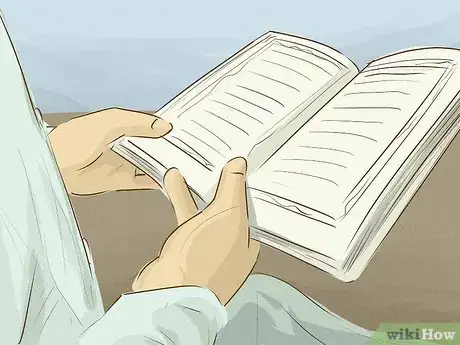

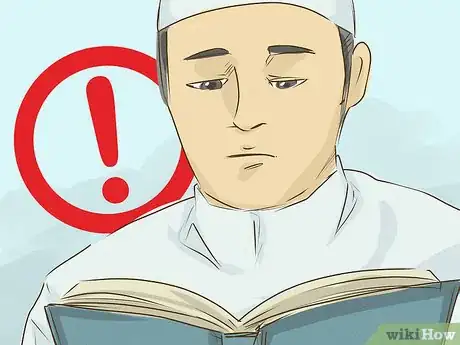
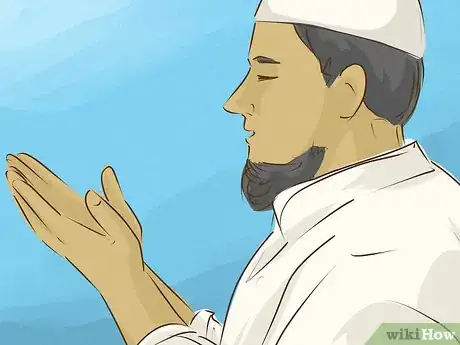
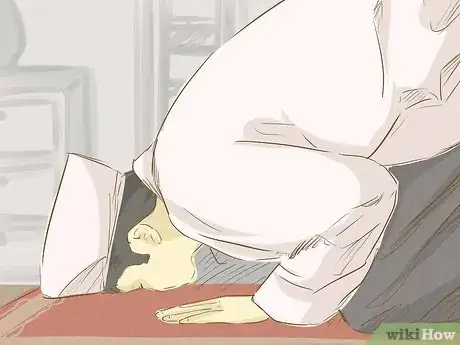
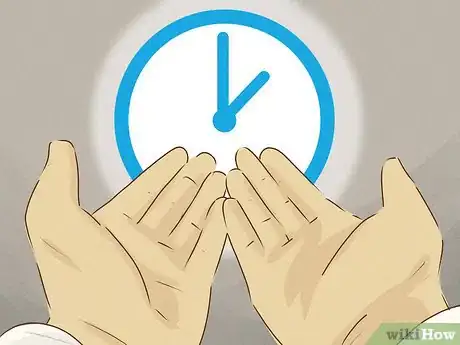
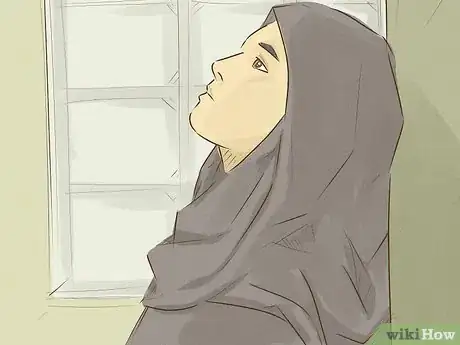
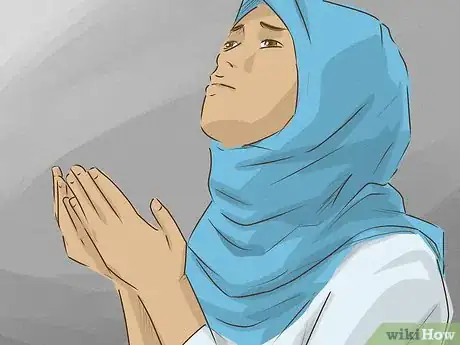

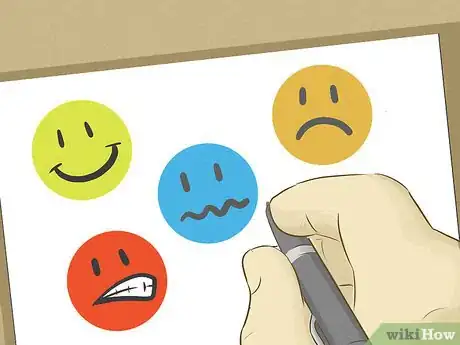
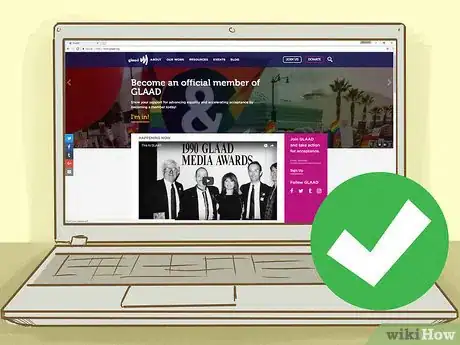

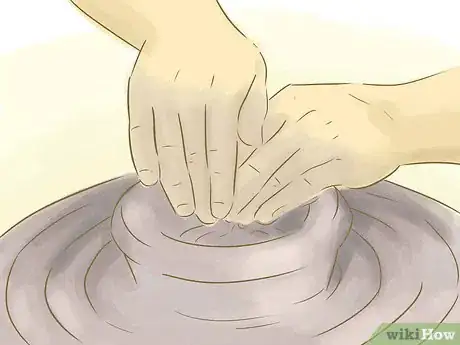
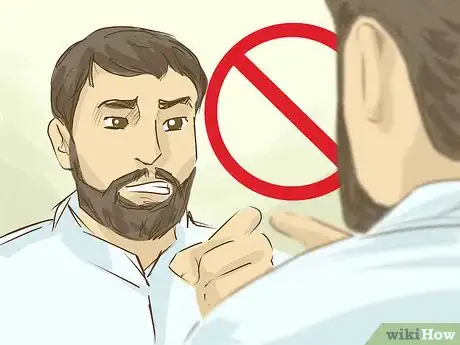
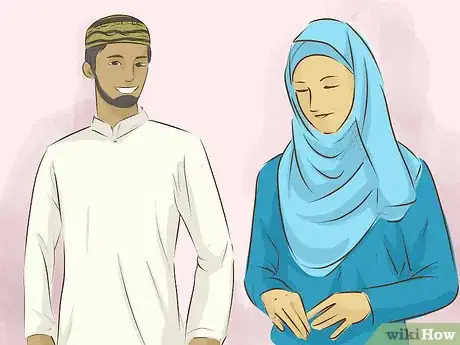
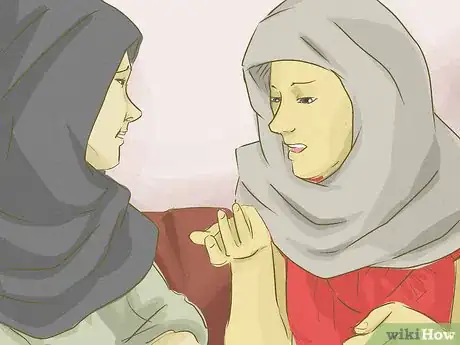
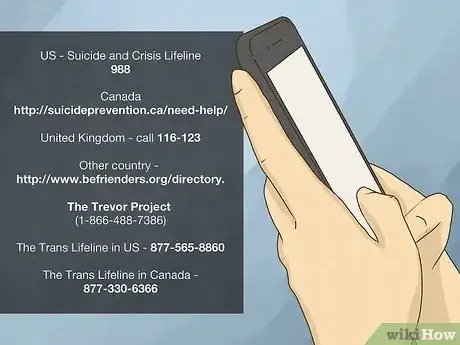
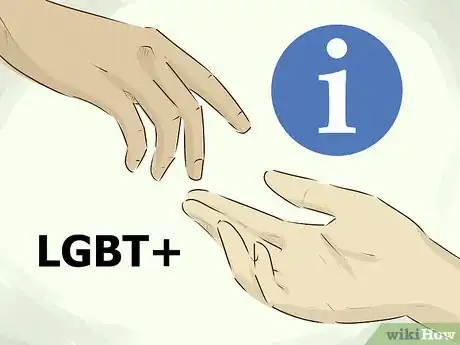
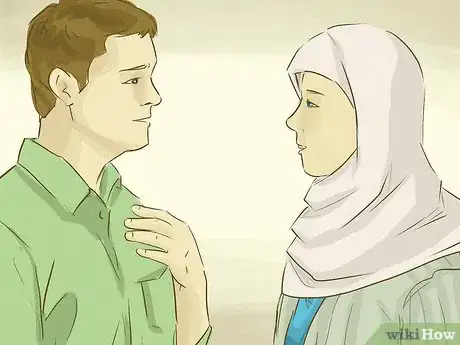

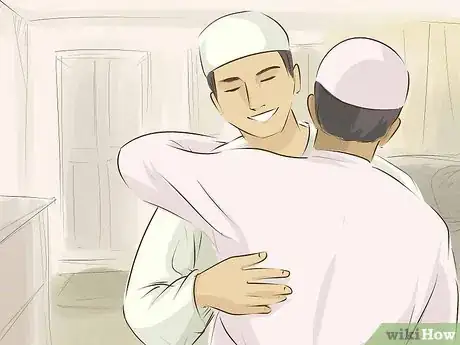


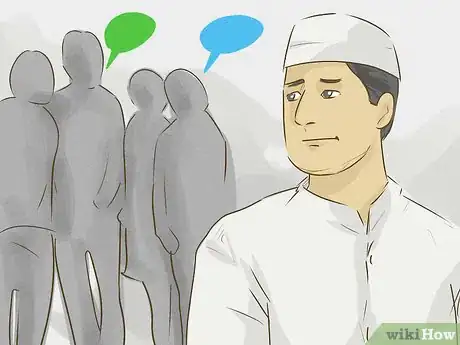
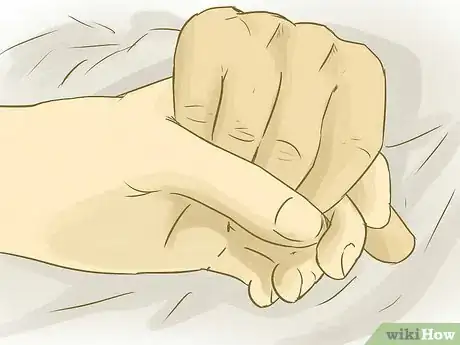
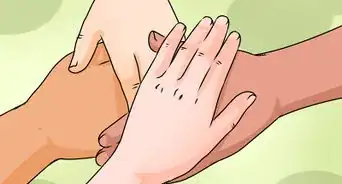










-Step-25-Version-2.webp)

